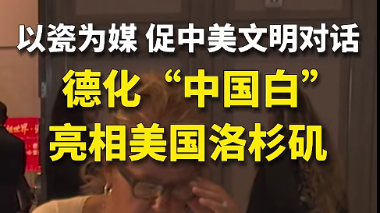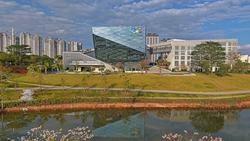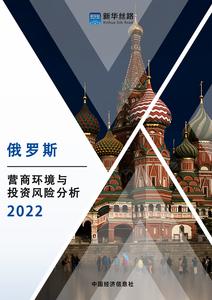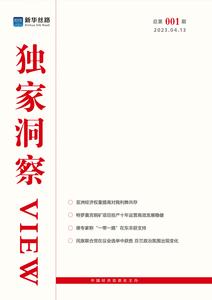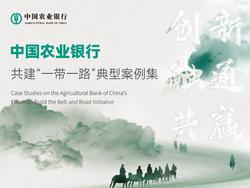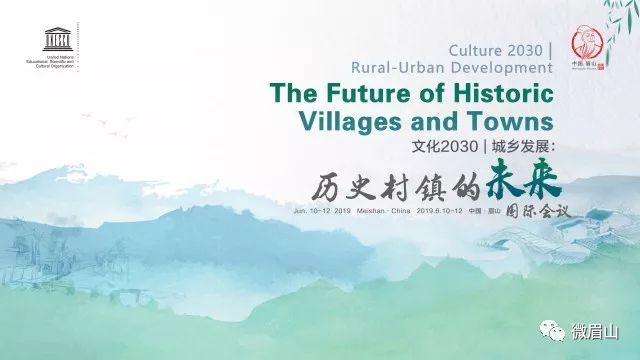
“历史村镇的未来”国际会议
12日圆满落幕
眉山成果 世界共享
会议成果文件正式发布
快来瞅瞅吧!
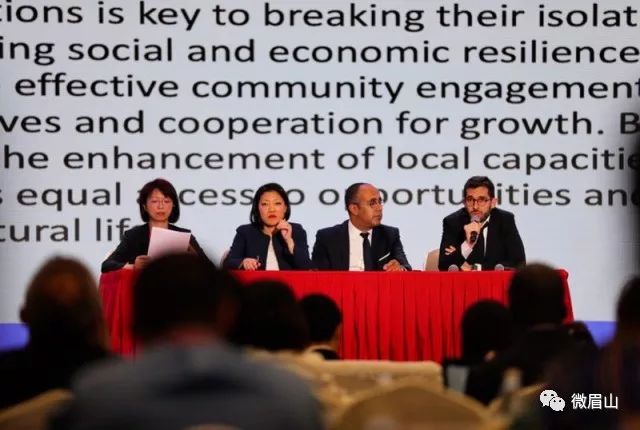
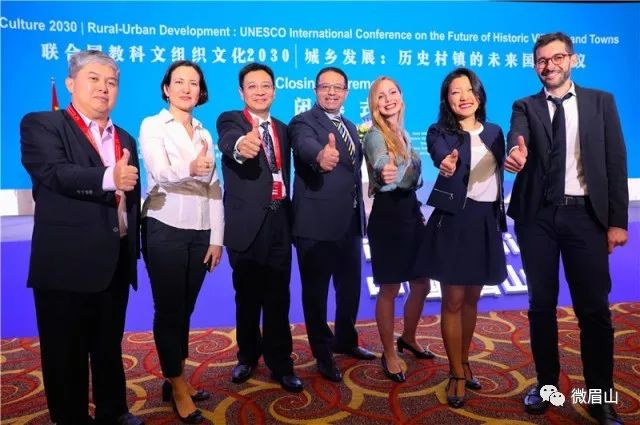
眉山成果文件
国际会议“文化2030 I 城乡发展:历史村镇的未来”
会议成果
中华人民共和国眉山市,2019年6月10-12日
值此 “文化2030 I城乡发展:历史村镇的未来” 国际会议(2019年6月10日至12日)召开之际,全体与会人员,包括各国部长、各国国家和地方政府代表、国际组织、非政府组织、学术界、开发银行及民间团体共聚眉山。我们向中国政府、四川省人民政府以及各地方官方机构,特别是眉山市,致以诚挚的谢意,感谢他们为本次大会提供了沟通知识和良好实践,以及深化合作的有效平台,以制定以文化为中心的政策,实现“使人类居住地具有包容性、安全性、韧性和可持续性”的目的。
我们认可国际社会所取得的里程碑式的成就,巩固并加强了文化在全球发展议程中的作用,特别是将其融入2030可持续发展议程,新城市议程和全球重要农业文化遗产。我们回顾了最紧密相关的手段、机制、项目和方法,使得现有的范式发生转变,朝着自然文化平衡发展,公民、地方和发展政策统筹发展的方向转变。这些手段、机制、项目和方法包括:教科文组织历史城市景观方法(2011)、全球报告“文化:城市未来”(2016)、创意城市网络、国际包容和可持续城市联盟——ICCAR、学习型城市网络、世界地质公园、人与生物圈以及社会转型管理计划。
眉山经验在保护文化和自然遗产,发挥创造性促进可持续发展方面为我们提供了基准线、良好实践和方法,有利于对文化资产和资源的投资,促进更可持续的区域发展,推动城乡积极互动,以及本地创造力的进一步发展。
考虑到我们面临着日益严峻的挑战,如持续存在的贫困、环境恶化及废物管理、气候变化、自然灾害、日益严重的不平等、粮食安全问题和政策与投资中的城市偏见,我们需要采取综合手段来发展以人为核心、强调包容、互联互通和韧性的人类居住区,以文化的横向力量为基础,促进社会经济和环境的可持续发展。
我们相信,小型村落是许多地方不可或缺的组成部分,其在连接城乡,保护和弘扬文化,以及体现其文化背景的特殊性方面,扮演着重要的角色。村落需要基于社群价值观和当地期望的因地制宜的措施,以保障其主人翁感,增强人们的福祉并促进长期可持续性。因此,必须考虑以下成果,以加强城乡之间的联系和实现可持续发展:
1. 实现乡村振兴和空间公平“不让一个人掉队”
将文化置于乡村振兴政策的核心对于改善农村民生和扶贫至关重要。采取以人为本和因地制宜的手段,促进农村地区的创意经济发展,开发传统产品和服务以及新型创收来源,推动可持续文化旅游,探索人工智能和大数据等数字技术的潜力,有助于实现空间公平和社会包容;
2. 通过文化、素质教育和公民参与激励社区
农村社区的文化多样性、价值和期望是打破孤立和边缘化、增强社会经济韧性的关键。文化和创造力可以促进有效的社区参与,推动实施地方倡议,促进合作提高增长。在优质教育,提升当地能力和赋权的基础上,确保机会均等和平等参与文化生活。
3. 文化遗产保护和创新增强环境的持续性和韧性
城乡关系的共生性是实现整体和综合性地域管理的基础。重视文化与自然间的紧密联系,实现环境可持续性,包括文化、农业和神圣景观的可持续。社会和小村落的变化是不变的趋势,适应是关键,实现途径包括保护和弘扬身份特性、多样性、文化自然价值,以及创新。城乡领域的共生性是实现国土综合管理的关键。借助传统知识和当地解决方案应对全球挑战,包括适应和减缓气候变化以及增强环境的持续性和韧性。
4. 加强城乡联系实现可持续乡村振兴的综合政策
制定政策作为生态系统,重视城乡依存关系,推动城乡合作,实现管理水平进一步提升,加强良好实践的推广和应用。不以规模大小看村落,而是注重其在更广泛的网络和系统中的功能,要认识到城乡联系对实现有效规划和国土管理至关重要,包括通过权力下放,来提高小地方的决策权和公共资源配置。
展望未来,我们要强化联合国教科文组织的号召力,团结国家和地方政府、国际组织、非政府组织、联合国机构、开发银行、私营部门、农村地区和民间团体,通过文化携手实现基于共同价值观的乡村振兴愿景。在这方面,把握趋势、制定指标和建立数据资料库、鼓励城乡发展相关的国际合作以及促进跨文化对话至关重要。
眉山成果文件英文版
Conference Outcomes
CULTURE 2030 I Rural-Urban Development: The Future of Historic Towns and Villages
10-12 June 2019 Meishan, People’s Republic of China
Conference Outcomes
We, the participants, including ministers, national and local government representatives, international organisations, non-governmental organisations, academia, development banks and civil society, gathered in Meishan on the occasion of the International Conference on “Culture 2030 I Rural-Urban Development: The Future of Historic Villages and Towns” (10-12 June 2019), wish to express our gratitude to the national, provincial and local Chinese authorities and, in particular, the City of Meishan, for providing an effective platform for the exchange of knowledge, good practices and strengthening cooperation with a view to shaping culture-centred policies towards “making human settlements inclusive, safe, resilient and sustainable”.
We acknowledge the key milestones achieved by the international community to consolidate and strengthen the role of culture in the global development agenda, particularly through its integration in the 2030 Agenda for Sustainable Development, as well as the New Urban Agenda and Globally Important Agricultural Heritage Systems. We recall the most relevant tools, mechanisms, programmes and approaches that have fostered a paradigm shift towards a nature-culture balance and the integration of the people, places and policies in development processes, including the UNESCO Historic Urban Landscape Approach (2011), the Global Report “Culture: Urban Future” (2016), the Creative Cities Network, the International Coalition of Inclusive and Sustainable Cities - ICCAR, the Learning Cities Network, the Man and the Biosphere, Global Geoparks and the Managing of Social Transformation Programmes.
The safeguarding of cultural and natural heritage and the promotion of creativity for sustainable development is particularly embodied in the Meishan experience, which has provided a baseline and good practices and approaches for the investment in cultural assets and resources, promoting a more balanced regional development, fostering effective partnerships between rural and urban areas and building on local creativity.
Considering that in the face of rising challenges such as persisting poverty, environmental degradation, climate change, disasters, increasing inequalities, food insecurity and urban bias in policies and investments, there is a need for an integrative approach to the development of human settlements that places people at its core, emphasising inclusion, connectivity and resilience, building on the transversal power of culture to embrace the social, economic and environmental spheres of sustainable development.
We are convinced that smaller settlements are an integral part of a portfolio of places with a critical role to play in rural-urban linkages and the safeguarding and promotion of culture, while recognising the specificity of their cultural contexts. Settlements require site-specific approaches based on community values and local aspirations to ensure a sense of ownership, enhance people’s wellbeing and promote long-term sustainability. Consideration must therefore be given to the following outcomes to enhance rural-urban linkages towards sustainability:
1. ‘Leave no one behind’ through rural revitalization and spatial equity.
Placing culture at the heart of rural revitalization policies is essential to improve rural livelihood and alleviate poverty. Fostering people-centred and place-based approaches to creative economies for rural areas, promoting among other traditional products and services, as well as new sources of wealth, sustainable cultural tourism, and exploring the potentials of digital technologies, including Artificial Intelligence and big data, can achieve spatial justice and social inclusion;
2. Inspiring communities through culture, quality education and citizens’ engagement.
Acknowledging that the cultural diversity of rural communities and their values and aspirations is key to breaking their isolation and marginalization, providing social and economic resilience. Culture and creativity can stimulate effective community engagement processes, supporting local initiatives and cooperation for growth. Building on quality education and the enhancement of local capacities and empowerment ensures equal access to opportunities and participation in the cultural life.
3. The safeguarding of cultural heritage and innovation for environmental sustainability and resilience. Understanding the symbiotic nature of the rural-urban relationship, as the basis of holistic and integrated territorial management approaches. Achieving environmental sustainability by embracing the strong link between culture and nature, manifested in cultural, agricultural and sacred landscapes. Recognizing change as inherent in our societies and smaller settlements, adaptability is key, along with the safeguarding and promotion of identities, diversity, cultural and natural values, including through innovation. Harnessing traditional knowledge and local solutions to global challenges, such as climate adaptation, mitigation, sustainability and resilience.
4. Integrated policies to strengthen rural-urban linkages towards sustainable rural revitalisation. Elaborating policies as an ecosystem that acknowledges the interdependence between rural and urban areas, to forge partnerships between them and promote new scales of management that enhance both the diffusion and scaling up of good practices. Considering settlements beyond their size, looking at their function in extended networks and systems, understanding their rural-urban linkages is crucial to ensuring good planning and effective territorial governance, including through decentralisation that increases the voice of smaller places in decision-making and their share of public resources.
Looking forward, we must harness the convening power of UNESCO to bring together national and local governments, international and non-governmental organizations, United Nations agencies, development banks, the private sector, rural communities and civil society to pursue a shared vision based on common values for rural revitalization built on culture. In this regard, the mapping of trends, the development of indicators and digital data sets, as well as fostering international cooperation and investment in rural-urban initiatives, and promoting inter-cultural dialogue is fundamental.


